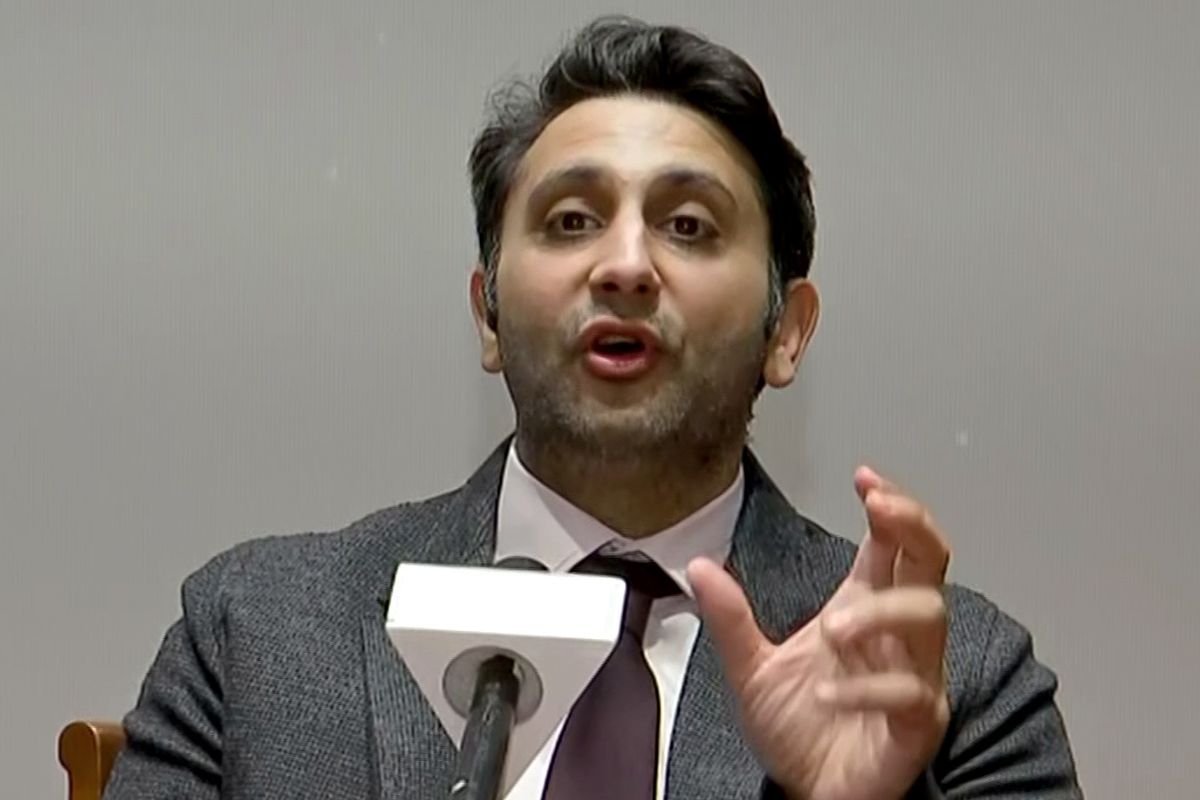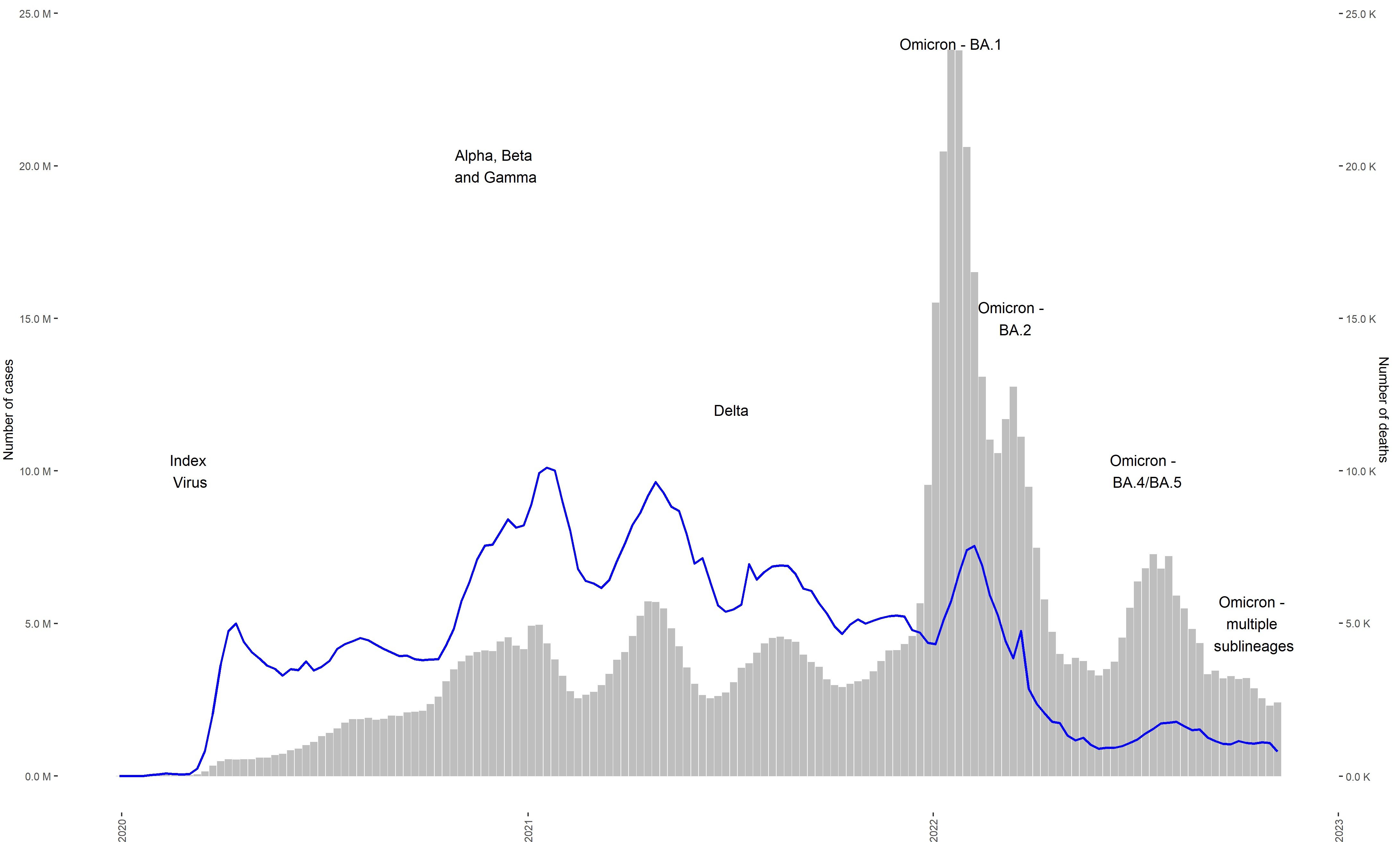Car Dealerships Increase Pressure Against Government EV Mandates

Table of Contents
Financial Concerns and Infrastructure Readiness
Dealerships are facing significant financial hurdles in adapting to the rapid push for electric vehicles. The costs associated with transitioning their businesses to accommodate EVs are substantial, creating a considerable challenge for many, especially smaller dealerships.
High Initial Investment Costs for EV Infrastructure
The transition to selling and servicing EVs requires significant upfront investment. Dealerships must upgrade their facilities to include:
- The cost of installing high-powered charging stations is substantial, especially for smaller dealerships with limited space and capital. These stations require specialized equipment and often necessitate grid upgrades to handle the increased energy demand.
- Specialized training for EV repair and maintenance is essential, demanding a considerable investment in time and resources. Technicians need to be trained on new technologies, battery systems, and specialized diagnostic tools. This adds to the already significant training burden on dealerships.
- Uncertainty regarding future EV sales volume makes investment risky. Dealerships are hesitant to invest heavily in infrastructure without a clear understanding of future consumer demand and government support. This uncertainty creates a significant barrier to adoption.
Impact on Profit Margins from Lower EV Sales
Dealerships also express concerns that current EV sales are not yet sufficient to justify the substantial investments required. Furthermore, profit margins on EVs are often perceived as lower compared to those of internal combustion engine (ICE) vehicles.
- Lower profit margins are due to increased competition and lower pricing of EVs. The EV market is becoming increasingly competitive, leading to price wars and reduced profit margins for dealerships.
- Reduced demand for service and repairs compared to ICE vehicles is another significant concern. EVs have fewer moving parts, potentially leading to less frequent and less costly maintenance.
- Concerns regarding potential government subsidies impacting profitability also exist. Dealerships worry that government incentives might compress profit margins even further.
Consumer Demand and Market Readiness
Beyond the financial concerns, dealerships highlight the challenges related to consumer demand and the overall market readiness for a complete transition to electric vehicles.
Insufficient Consumer Demand for EVs
Dealerships argue that consumer demand for EVs remains insufficient to support the aggressive targets set by government mandates. Several factors contribute to this:
- Limited range anxiety and charging infrastructure concerns deter consumers from adopting EVs. Many potential buyers remain hesitant due to concerns about running out of charge, especially on longer journeys. The lack of widespread charging infrastructure exacerbates this anxiety.
- Higher purchase prices of EVs compared to equivalent ICE vehicles represent a significant barrier for many consumers. Government incentives can help, but they are not always sufficient to bridge the price gap.
- Concerns about the long-term reliability and lifespan of EV batteries contribute to consumer hesitancy. While battery technology is improving, concerns about battery degradation and replacement costs persist.
Lack of Charging Infrastructure in Rural Areas
The inadequate charging infrastructure, especially in rural and less populated areas, is a significant obstacle to wider EV adoption.
- Uneven distribution of charging stations favors urban areas, leaving rural communities underserved and hindering EV adoption in these regions.
- Limited availability of fast-charging stations further restricts long-distance travel for EV drivers. The lack of rapid charging options adds to range anxiety.
- Concerns about grid capacity and electricity supply in certain regions also exist. The increased demand from widespread EV adoption could strain existing power grids in some areas.
Lobbying Efforts and Political Pressure
Facing these challenges, dealerships and their associations are actively engaging in lobbying efforts to influence government policy on EV mandates.
Increased Lobbying Activities by Dealerships Associations
Dealerships are intensifying their lobbying activities to address their concerns and influence the government's approach to EV adoption. These efforts include:
- Pressure on legislators to extend deadlines for EV adoption targets to allow more time for infrastructure development and increased consumer demand.
- Advocating for government incentives to support infrastructure development and consumer adoption to help bridge the financial gap and address consumer concerns.
- Highlighting the potential job losses in the ICE vehicle sector if the transition is too rapid and disrupts the established automotive supply chain.
Conclusion
The opposition to government EV mandates from car dealerships is multifaceted, encompassing financial constraints, market readiness issues, and legitimate concerns about the speed of the transition. While the move towards electric vehicles is crucial for environmental sustainability, a more pragmatic approach is needed. Addressing the concerns of dealerships and consumers through collaborative efforts – including targeted infrastructure investment, consumer incentives, and realistic timelines – is essential for a successful and equitable transition. Ignoring the valid concerns of car dealerships could seriously hinder the effectiveness of government EV mandates and ultimately jeopardize the broader goal of reducing carbon emissions. A balanced strategy that considers the perspectives of all stakeholders is paramount for the future of the automotive industry and a sustainable environment.

Featured Posts
-
 Kodiak Waters Two Consecutive Harmful Algal Blooms Warn Shellfish Harvesters
May 30, 2025
Kodiak Waters Two Consecutive Harmful Algal Blooms Warn Shellfish Harvesters
May 30, 2025 -
 Exploring Paris A Neighborhood By Neighborhood Guide
May 30, 2025
Exploring Paris A Neighborhood By Neighborhood Guide
May 30, 2025 -
 Boesen To Deliver Grand View University Commencement Address
May 30, 2025
Boesen To Deliver Grand View University Commencement Address
May 30, 2025 -
 Reasons For The Lack Of Excessive Heat Warnings In Weather Reports
May 30, 2025
Reasons For The Lack Of Excessive Heat Warnings In Weather Reports
May 30, 2025 -
 Ticketmaster Ofrece Mayor Transparencia En El Precio De Sus Entradas
May 30, 2025
Ticketmaster Ofrece Mayor Transparencia En El Precio De Sus Entradas
May 30, 2025
Latest Posts
-
 Rising Covid 19 Cases A New Variants Potential Role According To The Who
May 31, 2025
Rising Covid 19 Cases A New Variants Potential Role According To The Who
May 31, 2025 -
 Zverevs Road To The Munich Semifinals Comeback Wins Over Shelton And Cerundolo
May 31, 2025
Zverevs Road To The Munich Semifinals Comeback Wins Over Shelton And Cerundolo
May 31, 2025 -
 Addressing The New Covid 19 Lp 8 1 Variant
May 31, 2025
Addressing The New Covid 19 Lp 8 1 Variant
May 31, 2025 -
 Who Confirms New Covid 19 Variant As Potential Cause For Rising Case Numbers
May 31, 2025
Who Confirms New Covid 19 Variant As Potential Cause For Rising Case Numbers
May 31, 2025 -
 Updated Covid 19 Variant Concerns Who Report
May 31, 2025
Updated Covid 19 Variant Concerns Who Report
May 31, 2025
